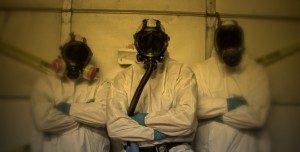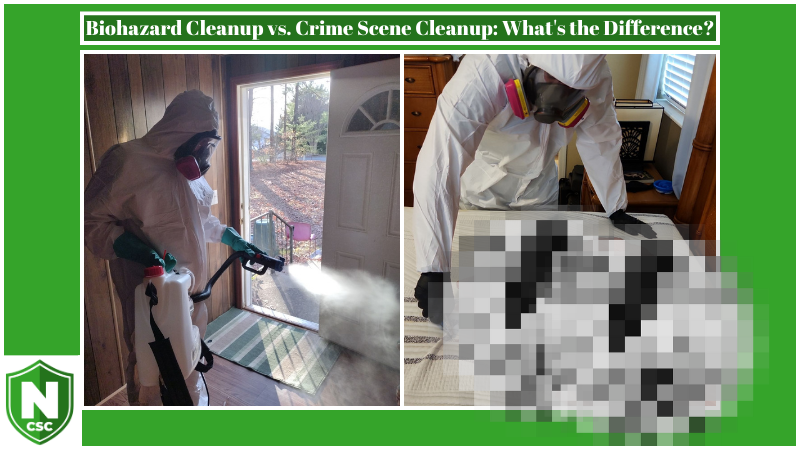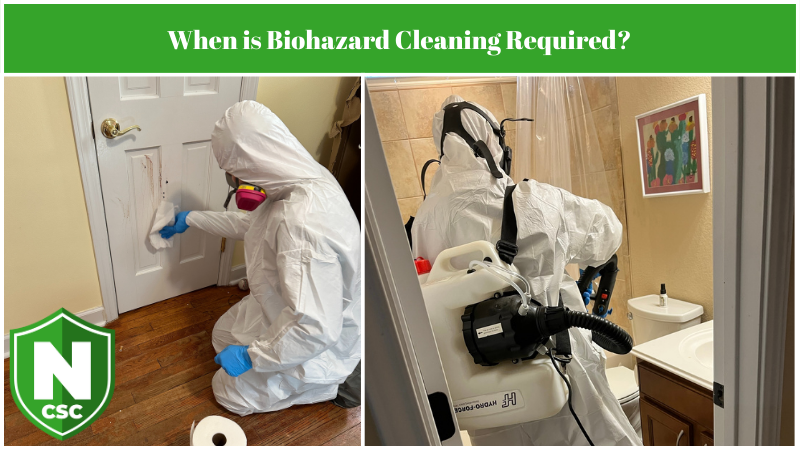3 dirty markets that produce big time dollars
Looking for an investment that’s outside the norm, but offers hefty returns? Nobody wants to do the dirty work, so it’s natural that those who do get paid pretty well to get unpleasant jobs done. These three industries are among the fastest-growing, most lucrative markets out there… for those who dare:
1. Portable Toilet Rental
Whether you’re at a large family reunion or a world-famous music festival, you’ll likely see those ubiquitous green, blue, or beige plastic portable restroom facilities. If you can’t smell them, you might ask, “where are the Porta-Pottis?” and someone will direct you on your way. If you can smell them, chances are that either the event planners skimped on the number of rentals they needed, or the portable toilet rental company is—pardon the pun—backed up.
But it’s often not the latter, since overflowing portable toilets make more work for their staff and, at some venues, users ignore warnings not to throw garbage into the receptacles. In a casual conversation with a maintenance technician working a county fair, we learned about the variety of items the company had fished out of their toilets in a week:
- Three stuffed toys
- Drug paraphernalia
- An elephant ear pastry
- Feminine products
- Two handbags
- Five ball caps
- Two hoodie sweatshirts
- A handgun (something that’s unnervingly common)
When these jam up the truck’s suction hoses, the technicians have to extract them. Or, the technicians have to reach into the toilets using grabbing devices to remove the offending item. (Which is odd to call it “offending”, considering where it’s located.)
The “Porta-Potti” name, by which many of us refer to these cubicles of comfort, was first trademarked in 1967 by one James E. Stephenson. A decade later, another common nickname, “Honey Bucket” became a trademark for another portable toilet company, and aptly describes the lucrative business opportunities within the industry. There are other, much cruder slang terms used for portable toilets too. What do you call them?
2. Biohazard Cleanup
You might have heard of “crime scene cleaners” in movies and detective shows. Or you simply wondered… who cleans up after a murder or suicide? Certainly not law enforcement, medics, or the coroner. Professional biohazard cleanup companies come in when the crime scene tape comes down. They follow stringent Occupational Health and Safety (OSHA) guidelines to remove, clean, and sanitize locations where human tissue, blood spills, and other body fluids remain after a body or severely-injured patient has been taken away.
Here are the most common situations requiring a biohazard cleaning company:
- Homicides
- Suicides
- Traumatic injuries
- Unattended death (often resulting in advanced body decomposition)
- Hoarding situations
- Crime scene investigation cleanup (detection compounds)
- Tear and pepper gas residue
- Routine or advanced cleaning of police vehicles, ambulances, and medical facilities
- Biological outbreak sites
- Industrial accidents
Insurance companies usually cover the often astronomical cost of biohazard-related property damage, though some jobs are easily paid out-of-pocket.
3. Hazmat Diving
Have you ever wondered what happens when a wastewater treatment plant springs a leak, or a person dies after falling into a vat of hazardous industrial chemicals? Professional hazmat divers in heavy-duty protective bodysuits are called in to go where nobody else dares.
Hazmat diving companies employ workers skilled in a wide number of disciplines, from engineering to underwater welding. They’re required to undergo an impressive battery of vaccinations, and like crime scene cleaners, they work closely with OSHA to make sure they, their staff, their clients, and the public are protected from injury, illness, and contamination.
What do hazmat divers do?
- Retrieving human remains from chemically- or biologically- hazardous locations
- Recovering human remains discovered in underwater plane and automobile wrecks
- Retrieving hazmat containers spilled from transport ships
- Inspection and repair of chemical containment facilities
- Inspection and repair of sewage pipes
- Inspection and repair of residential, commercial, and industrial septic holding tanks
- Inspection and repair of agricultural sludge lagoons
You name it: If it involves submersion in biologically or chemically hazardous liquids, professional hazmat divers can do it.
Ready to jump in?
Have a strong stomach and a desire to make a good living? Each of these markets is ripe for growth and is a solid investment. Just be sure the company you join has a good reputation for safety and thorough proprietary training. In these industries, trust is essential to protect the employees and the public.





